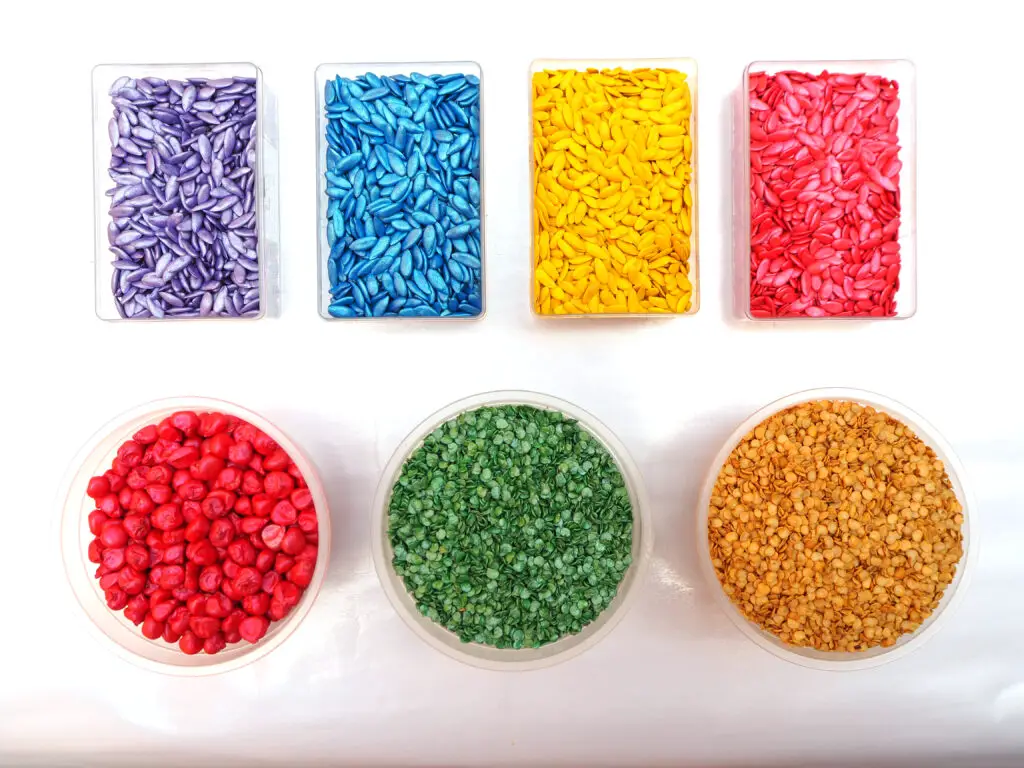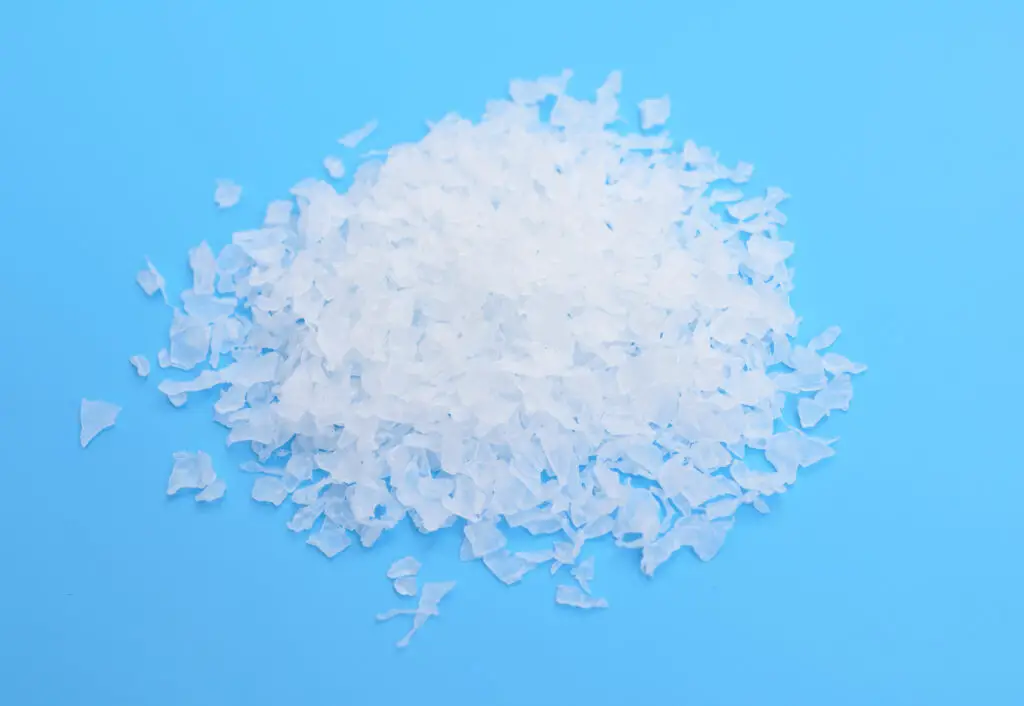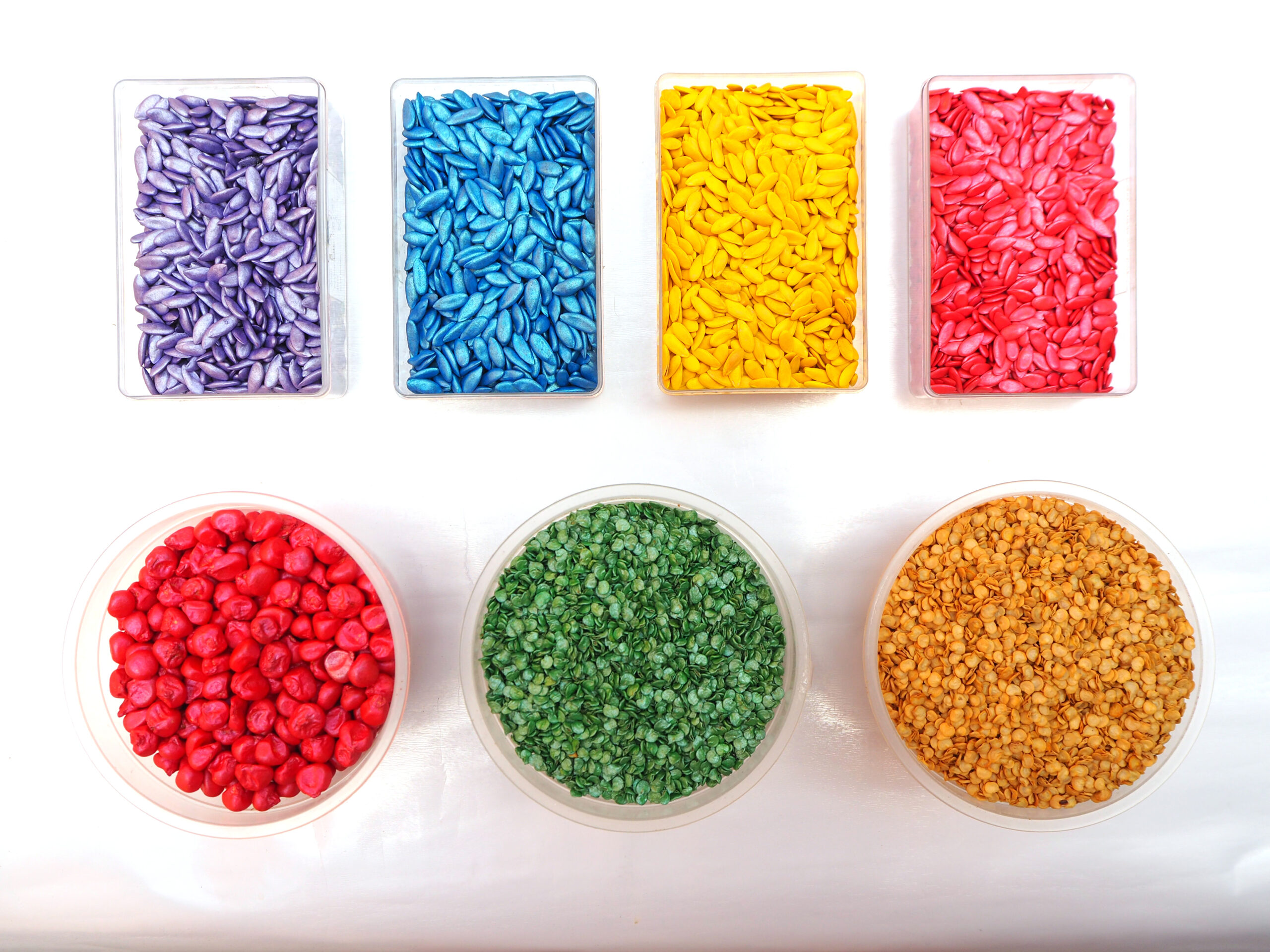Have you ever wondered how a tiny, seemingly insignificant polymer can play such a vital role in everyday life? From the packaging of groceries to the medical devices people rely on, polyvinyl alcohol (PVA) has quietly infiltrated various aspects of the modern world.
However, despite its widespread use, the full potential of PVA still needs to be explored. Many people need to be made aware of its diverse applications and the innovative ways it’s being utilized. That said, this article will explore the fascinating world of polyvinyl alcohol, delving into its history, properties, and the myriad ways it’s transforming industries.

1. Agriculture
Polyvinyl alcohol finds important applications in agriculture, particularly in the development of controlled-release fertilizers and seed coating. Controlled-release fertilizers are designed to release nutrients slowly over time, ensuring that plants receive a steady supply of essential nutrients without the risk of over-fertilization or nutrient runoff, which can be harmful to the environment.
PVA is a coating material that regulates the release of nutrients in these fertilizers, thereby improving the efficiency of fertilization and reducing the environmental impact. Additionally, PVA-based coatings are applied to seeds to protect them from pests, diseases, and harsh environmental conditions. These coatings can also control germination rates, ensuring that seeds sprout under optimal conditions, leading to higher crop yields and better resource utilization.
2. Adhesives and Coatings
Polyvinyl alcohol is widely recognized for its strong adhesive properties, making it a crucial component in various adhesive formulations. In the paper industry, PVA serves as a critical ingredient in paper adhesives, where its water solubility and strong bonding capabilities are highly valued. This ensures that glued paper products, such as books and packaging, have the necessary durability and resistance to wear.
In the textile industry, PVA is used in yarn sizing—a process that strengthens yarn, reduces friction, and minimizes breakage during weaving, thus improving the efficiency and quality of textile production. Additionally, PVA’s film-forming properties are exploited in the coatings industry, where it is used to create smooth, protective layers on surfaces ranging from wood to metal, enhancing durability and resistance to environmental factors.
3. Packaging
The packaging industry benefits greatly from PVA’s unique properties, particularly its water solubility and biodegradability. PVA is extensively used in water-soluble films, which are increasingly popular for packaging single-use products like laundry detergent pods and agricultural chemicals. These films dissolve completely in water, leaving no harmful residues, which not only improves convenience for the user but also reduces environmental impact.
Furthermore, PVA’s biodegradable nature makes it an excellent choice for developing eco-friendly food packaging materials. These materials decompose naturally over time, aligning with the growing demand for sustainable and environmentally responsible packaging solutions in various industries.

4. Medical Applications
In the medical field, PVA’s biocompatibility and ability to form hydrogels make it an invaluable material for various applications. One prominent use is in drug delivery systems, where PVA-based hydrogels are engineered to control the release of medications, ensuring that drugs are delivered at the correct dosage over a specified period. This controlled release mechanism is particularly beneficial in reducing the frequency of dosing and enhancing patient compliance.
Like Us on Facebook!
PVA is also used in wound dressings, where its moisture-retaining properties create an optimal healing environment by keeping wounds moist and protected from external contaminants. Additionally, the comfort and hydrophilic nature of PVA makes it a preferred material for daily disposable contact lenses, which require a high degree of moisture to remain comfortable for extended wear.
Subscribe Us on YouTube!
5. Construction Materials
In the construction industry, PVA plays a significant role in enhancing the performance of cement and concrete. When added to cement, PVA improves its flexibility, reduces cracking, and enhances adhesion to other materials, which is crucial for the longevity and durability of structures. This makes PVA-modified cement ideal for applications where increased durability and crack resistance are essential, such as in the construction of bridges, roads, and buildings.
Additionally, PVA is used in tile adhesives, where it increases bonding strength and ensures that tiles remain securely attached over time, even under conditions of stress and environmental exposure. This reliability has made PVA a staple in construction materials designed for high-performance applications.
6. Cosmetics and Personal Care
In the cosmetics and personal care industry, PVA’s film-forming ability is widely leveraged to create products that offer both aesthetic and functional benefits. For instance, PVA is a common ingredient in peel-off face masks, where it forms a flexible film on the skin that can be easily removed, taking with it impurities and dead skin cells. This provides a deep cleansing effect while also leaving the skin feeling refreshed.
In hair care, PVA is used in styling gels and other products to create strong hold and definition in hairstyles. Its versatility in forming films that are both durable and flexible makes it an ideal component in a wide range of cosmetic formulations.
7. Industrial Applications
In various industrial processes, PVA is valued for its role as an emulsifier and stabilizer. Its ability to stabilize emulsions makes it indispensable in industries where the mixing of oil and water-based substances is required, such as in the production of paints, inks, and adhesives. PVA helps maintain the stability and uniformity of these mixtures, ensuring consistent product quality.
Furthermore, in water treatment processes, PVA is used as a flocculant. It aids in the aggregation of suspended particles, making them easier to remove from water. This application is crucial in improving water quality for industrial and municipal water treatment facilities, contributing to cleaner and safer water supplies.
Conclusion
PVA’s exceptional properties and diverse applications make it a valuable and indispensable resource for industries seeking sustainable, efficient, and practical materials. As research and development continue to advance, people will likely witness even more innovative and groundbreaking applications of this soluble synthetic polymer in the years to come.




















